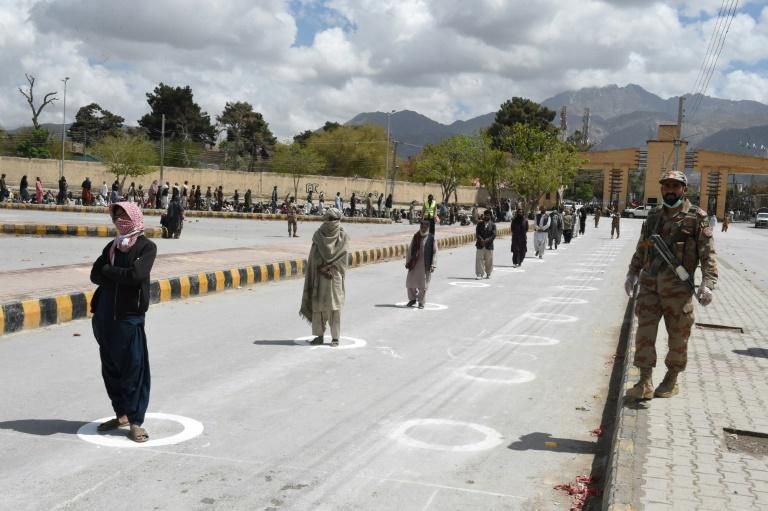Does social distancing engender discrimination and stigmatisation? A dilemma in the COVID-19 fight
)
But instead of celebrating his recovery, his community is discriminating and stigmatizing him. His family can no longer go to the market or the grocery store without coming home in tears or being denied the item they wished to purchase.
A Sprinter bus was left almost empty in Ghana as passengers ran for their lives when two foreigners, believed to be Chinese nationals, entered the vehicle. The occupants rushed out for fear of contracting the deadly coronavirus because it originated from Wuhan in China.
In Russia, Maria Mukhina tested positive after her sample was taken at Moscow’s Sheremetyevo airport when she entered the country from Western Europe. In the weeks that followed Mukhina faced stigmatization, suspicion and harassment when she documented on social media her experience with battling the coronavirus.
“People wrote to me saying that I was a fraud, a liar, that I was making it up to get followers. They said people like me should be burned and that I'm a disgrace to the country,” she told The Moscow Times.
These stories are not unique. There are similar stories of this nature across the world where people infected with the novel coronavirus are being humiliated, abused and rejected.

All over the world, the outbreak of the COVID-19 has caused governments, societies, communities and individuals to take stringent measures that sometimes appear inhumane. Border closure, quarantine and isolation, keeping a distance and staying at home have all been adopted to curtail the spread and reduce fatalities of the novel coronavirus that has swept across the world.
In parts of Africa and Ghana, for instance, communal living is a common practice among many groups. It is common to see children or adults eat from one bowl, share a bed or even idle together. It is a way of life which demonstrates love and care for one another. But since the outbreak of the COVID-19, these cultural practices have been stopped. People are now encouraged to practise social distancing. But how much of social distancing is stigmatizing and discriminatory?
Social distancing is keeping space between oneself and other people. The distance prescribed is usually 6 feet or 2 meters apart. COVID-19 has high transmissibility and spread mainly through human-to-human contact. Experts have therefore prescribed that people should as much as possible keep this distance. It is believed that by socially distancing oneself away from others, there are greater chances of reducing the spread of the disease.
But clearly, this directive is being misconstrued as evidenced in the three stories above. Social distancing is being interpreted as social avoidance and rejection. People are being avoided on accounts of fears and anxieties; once a close friend, now a suspect. Reports have also shown that even frontline workers such as sanitary and health officials are all being avoided on the account of fears of contracting the COVID-19.
While it is important to keep a physical distance—which the World Health Organisation (WHO) prefers to refer to social distancing—it is more critical to promote solidarity for in solidarity lies the collective effort to defeat the COVID-19.
Hence to address this emerging issue of discrimination and stigmatization in the wake of the COVID-19, there is an urgent need to counter these prejudices by empowering societies with health literacy. This way, people will be more informed about the disease and appreciate and adhere to the practices prescribed.
It is also important to intensify media education particularly on adverse effects of stigmatization and discrimination especially in the wake of the COVID-19 pandemic.
Further, patients who have recovered as well as frontline workers have to be celebrated to encourage them to confront their fears and continuously support the efforts at curbing the pandemic.
It is also important that governments take actions against people who discriminate and stigmatise others infected by the coronavirus.
Above all, governments and health workers at all times must ensure clients and patients’ information are protected.
Written by: Adizatu Moro Maiga
)
,fit(112:112))
,fit(112:112))
)
)